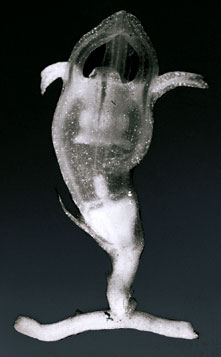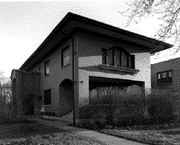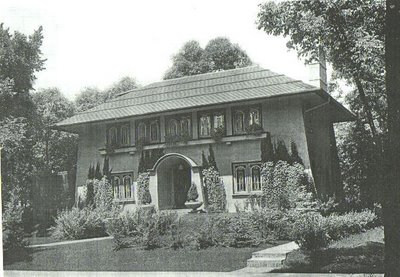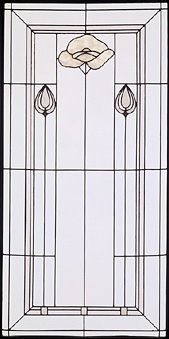I've been thinking a lot lately about the verb 'to get,' and I have a few disjointed thoughts about it that I'll try to string together.
The first fact I'll mention is a fairly well-known one, namely that the in Standard North American English the past participle of 'to get' is 'gotten,' whereas in Standard English of Everywhere Else (SEEE -- you know, for Anglophone areas on islands of the coast of Europe, and various areas in the Southern Hemisphere, plus a few other scattered places) the past participle is "got," as in "Things have got worse," which, to American ears, or at least to the ears on the sides of my American head, this sounds slightly uneducated, since there is a widespread but stigmatized tendency to use the participle for the simple past for some verbs, and the simple past for the participle for other verbs, which is how my brain interprets such sentences. But wait - don't Americans sometimes use 'got' as a participle? Indeed we do:
1. I've got a small apartment.
2. I've got to get a bigger apartment.
In short, for different meanings of the word 'get', Americans, and I suppose all Anglophones who say 'gotten', use different past participles. Thus:
have gotten: 1. To have received. 2. To have become.
have got: 1. To own. 2. To need to.
This is weird, no? Firstly, this is sort of a weird conglomeration of meanings, but heck, most languages I've seen sometimes lump weird meanings together. But weirder still, as you may have noticed, is that those instances where Americans do use 'got' as a participle are really only past participles in form, not meaning. Really, they are just sort of a unique periphrastic construction of which, as far as I can tell, there are no other examples. When else do we use have + participle and not mean some sort of past tense thing?
So while we're talking about this second case, where 'got' is a pseudo-participle, and where those who otherwise say "have gotten" say "have got," I'll mention a weird consequence of this not being a true past participle.
In most kinds of English you can't really drop the auxiliary 'have' in the so-called 'perfect' tense. This is because so often the form of the pp. and of the simple past are identical, so the only way to distinguish them is with the 'have.' But think about 'got' in the sense of 'to have.' Myself, I could certainly say "I got a small apartment,' at least in non-formal situations, although I speak fairly colloquially, more colloquially than you would maybe expect from a grad student. But think about 'got' meaning 'to have to': "I gotta get a bigger apartment'. Though this is markedly colloquial, I don't think I would be surprised to hear this sentence from any American speaker. So in the first instance, the 'have' can be dropped by fairly colloquial speakers, whereas in the second instance it is normally dropped. It should be noted, though, that it is only 'have' that can be dropped, not 'has.' "He gotta get a bigger apartment" is permissible only in dialects with copula deletion, i.e. African American Vernacular. I suspect, though, that down the road this will become standard, andwhen it does a new modal verb 'got' will be born, joining 'must', its non third-person singular inflecting, no infintive having, erstwhile past tense kin.









